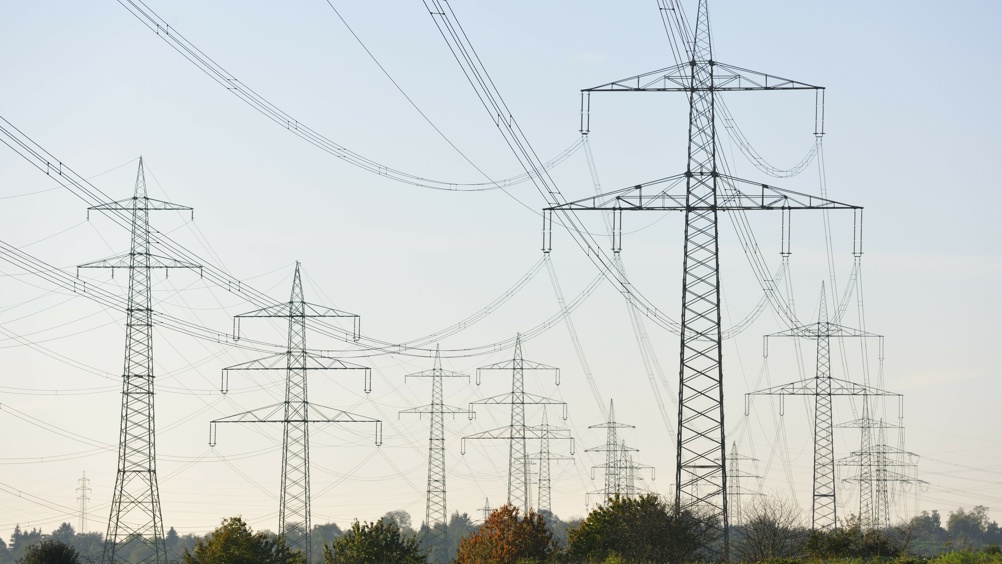UK Utility Engineering: A Sector Guide for Students
The UK utilities sector is a cornerstone of the country’s infrastructure, powering homes, businesses, and public services, and offers a number of opportunities for recent and future engineering graduates.

As of 2025, the sector is estimated to contribute over £100 billion to the UK economy annually and employs over 500,000 people across a wide range of disciplines. For engineering graduates, it offers diverse career paths, cutting-edge innovation, and the opportunity to play a crucial role in shaping the UK's energy future.
The sector comprises a broad array of companies and organisations that operate in the supply, maintenance, and innovation of utility services. These typically fall into four main categories:
Some of the major players include National Grid, SSE, ScottishPower, Thames Water, Openreach (a subsidiary of BT Group), and emerging renewable specialists like Octopus Energy and OVO Energy. Alongside these giants are countless subcontractors, consultancies, start-ups, and infrastructure companies, all contributing to a complex and rapidly evolving ecosystem.
Register now to continue reading
Thanks for visiting The Student Engineer, to continue reading this article and other content and to sign up to our monthly newsletter register for free below
Benefits of registering
-
Find out about career opportunities at some of Industry’s biggest employers
-
Access practical career insights and advice from independent experts
-
Learn about the skills requirements, technology trends and opportunities in each major sector
-
Find out more from successful graduate engineers










Water Sector Talent Exodus Could Cripple The Sector
Well let´s do a little experiment. My last (10.4.25) half-yearly water/waste water bill from Severn Trent was £98.29. How much does not-for-profit Dŵr...